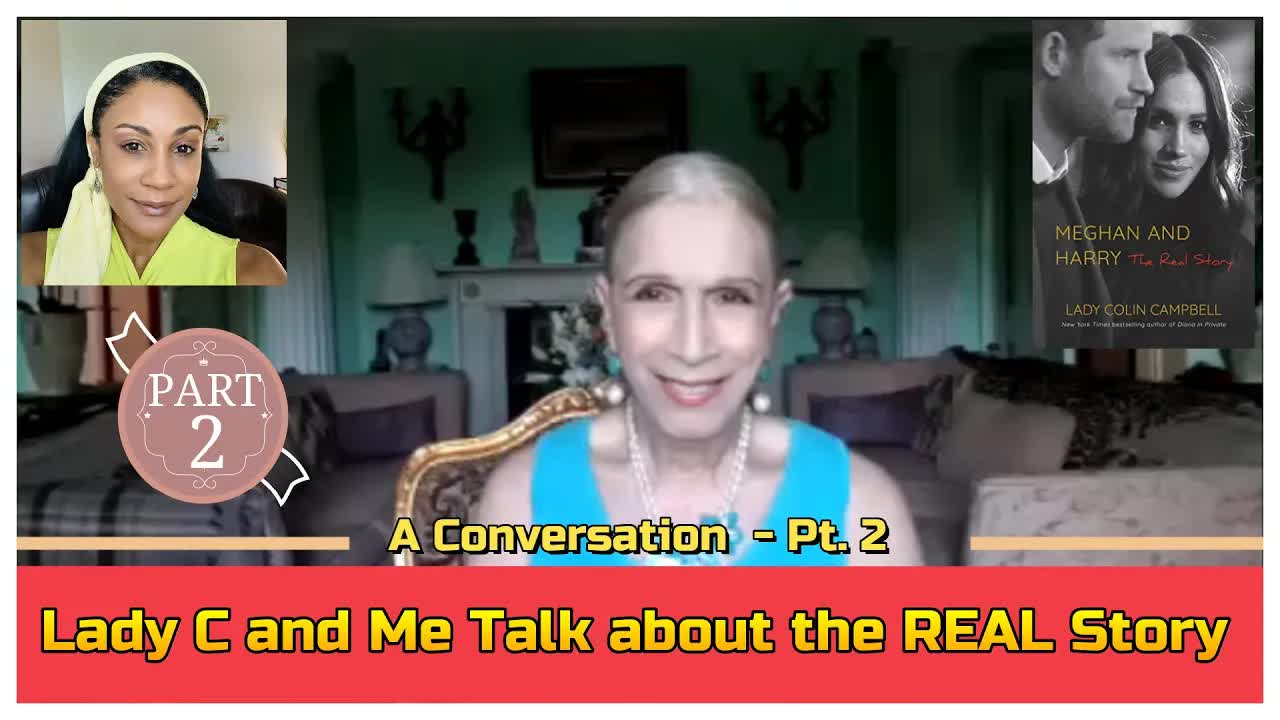In a recent discussion, a prominent commentator expressed deep concerns regarding Meghan Markle‘s influence on the prospects of women of color aspiring to join the British royal family.
The sentiment conveyed was one of disappointment, suggesting that Meghan has squandered a unique opportunity that could have paved the way for future generations.
This conversation touches on complex issues surrounding race, privilege, and the responsibilities that come with royal status.
The commentator lamented that many individuals focus on grievances instead of recognizing the privileges they possess.
This mindset, they argue, distorts the essence of life and poses significant dangers.
There’s a growing awareness within the British royal family about the challenges they face, particularly since Prince Harry‘s marriage to Meghan.
It is suggested that Harry leveraged his heritage to gain approval from the Queen and Prince Philip, a move that some view as problematic.
The dialogue then shifted to the broader implications of Meghan’s actions.
The commentator, who identifies as Jamaican, reflected on the shared experiences within the Jamaican community, emphasizing a sense of unity among individuals of various backgrounds.
They expressed concern that Meghan’s behavior has not only disappointed many but also jeopardized future opportunities for women of color to marry into the royal family.
A poignant question arose: Will another woman of color ever have a chance to enter royalty after Meghan’s controversial tenure?
The commentator asserted that it is not Meghan’s race that is at issue but rather her character.
They pointed out that there have been other people of color within the royal sphere, suggesting that Meghan’s situation is not as unique as it may seem.
The discussion delved into historical context, revealing that the British royal family has a complicated relationship with race.
The commentator referenced their own research, which highlighted instances of royal lineage intertwined with people of color, challenging the notion of a purely white monarchy.
This history raises questions about how race is perceived within the institution and the impact of Meghan’s narrative on these longstanding perceptions.
As the conversation continued, the commentator criticized Meghan and Harry for allegedly manipulating the narrative around racism to deflect blame for their missteps.
They described this behavior as unscrupulous, suggesting that it undermines genuine discussions about race and racism, which continue to affect many individuals worldwide.
The commentator expressed outrage at what they perceive as a regression in the discourse surrounding race, arguing that Meghan and Harry are ignoring the progress made over the years.
The discussion also touched on the role of ambition in Meghan’s journey.
The commentator suggested that Meghan’s aspirations align with those of influential figures in American politics, raising concerns about the appropriateness of a royal engaging in such activities.
They argued that this involvement is incompatible with the traditional role of a British royal, hinting at potential conflicts that may arise from such entanglements.
Questions about the longevity of Harry and Meghan’s marriage were also posed, with the commentator expressing skepticism about its future viability.
They alluded to the complexities of the couple’s dynamics, suggesting that external influences might complicate their relationship.
The conversation underscored the idea that Harry may be grappling with unresolved issues stemming from his mother’s legacy, particularly her connection to California.
The dialogue took a reflective turn as the commentator shared insights on the nature of love and ambition.
They posited that true affection should not be overshadowed by opportunism, emphasizing the importance of integrity in personal relationships.
The conversation highlighted the potential pitfalls of self-deception, suggesting that individuals often lie to themselves to achieve their ambitions, leading to internal conflict.
Ultimately, the commentator expressed regret that Meghan Markle has not utilized her position to effect positive change.
They articulated a desire for her to inspire others, particularly young women of color, by demonstrating that ambition can coexist with altruism.
Instead, they argued that Meghan’s choices have perpetuated a narrative of self-interest, which could deter future candidates from seeking roles within the monarchy.
This nuanced conversation sheds light on the intricate interplay between race, privilege, and responsibility within the British royal family.
As the world watches the unfolding saga of Harry and Meghan, the implications of their actions extend far beyond their personal lives, raising important questions about representation, opportunity, and the legacy of those who occupy positions of power.










